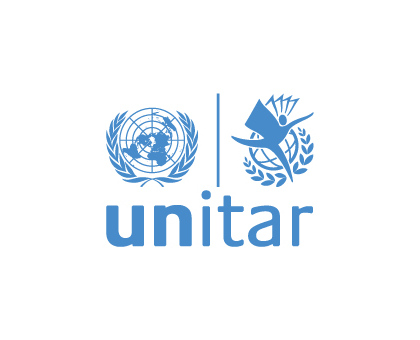
CIFAL Málaga-Summer Course: The Challenge of Disinformation in Journalism
Digital technology has democratized access to information, but it has also unleashed new avenues of oppression against media workers. In an increasingly conflicted world, the United Nations has called on governments, technology companies, and civil society to protect both journalism and journalists. The business models of many social media platforms are not based on increasing access to accurate information but on increasing user engagement, which often means provoking outrage and spreading lies. Media workers in war zones are threatened not only by bombs and bullets but also by the weapons of forgery and misinformation that accompany modern warfare. According to the United Nations Educational, Scientific and Cultural Organization (UNESCO), surveillance and hacking are endangering journalism to such an extent that UN human rights experts have called for a temporary global moratorium on the sale and transfer of surveillance technology. In fact, UNESCO has highlighted that the increasing sophistication and undetectability of malicious spyware and their growing use against journalists and human rights defenders by state and non-state actors threaten free and independent journalism.
This text addresses the challenges of journalism in the digital age, including the influence of technology on access to information and new forms of oppression against media workers, UNESCO's concern about surveillance and cyber piracy, and the importance of protecting press freedom and journalists. It emphasizes the need to unite efforts to confront these challenges and create a new digital framework that safeguards independent journalism, especially in the context of the 75th anniversary of the Universal Declaration of Human Rights.
1st session: 09:00-10:00 a.m. Fighting Disinformation. Francisco M. Pastor, course director. 10:00-12:00 p.m. Fake News: Challenge and Response. Leticia Rodríguez, Associate Professor at the University of Cádiz. 12:00-2:00 p.m. Managing a Communication Crisis. Jesús Espino, General Coordinator of Communication for the City Council of Málaga. 2nd session: 09:00-11:00 a.m. Security and Disinformation. Mar López, former director of the Cybersecurity Unit of the National Security Department (DSN). 11:00 a.m.-1:00 p.m. Organizational Communication in the Face of Current Challenges. Raúl Magallón, Associate Professor at Carlos III University of Madrid. 1:00-2:00 p.m. Practical Workshop.
The workshop will be carried out at the Palacio de Congresos of Marbella.
The workshop will be specific for people interested in the challenge of disinformation in journalism.

